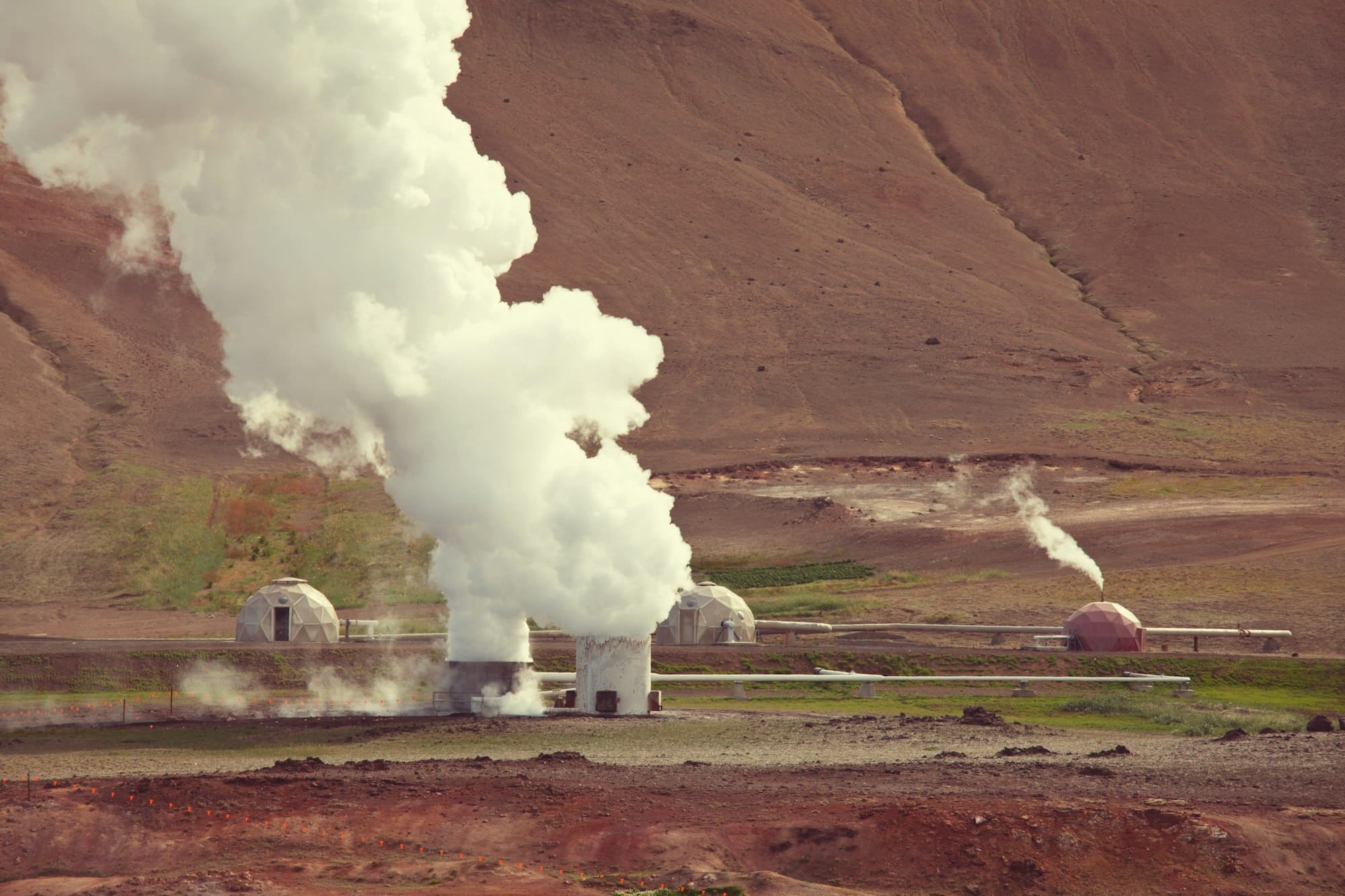The topic of renewable energy sources is a powerful and relevant one in today’s society. With the ever-increasing demand for clean and sustainable energy, geothermal heating systems have become a focal point of interest. This article explores the potential for geothermal heating in UK residential developments. As we delve into the subject, we’ll cover the basics of geothermal energy, its benefits over traditional heating systems, the potential of the deep ground, and the feasibility of implementing such projects.
Understanding Geothermal Energy
Geothermal energy is a type of renewable energy derived from the heat stored within the earth. This energy can be harnessed for multiple uses, including heating and cooling buildings, generating electricity, and even providing hot water. Geothermal energy is extracted by tapping into the heat beneath the earth’s surface, usually by drilling deep into the ground or by utilizing hot water resources.
Also to read : How to Leverage Proximity to Cultural Landmarks for Real Estate Marketing?
The utilization of geothermal energy is not a new concept. Historically, it has been used for bathing since Paleolithic times and for space heating since ancient Roman times. However, its modern use for electricity began only in the late 19th century. The first known building in the world to utilize geothermal energy as its primary heat source was the Hot Lake Hotel in Oregon, U.S., in 1905.
The science behind geothermal energy is straightforward; the earth’s core is extremely hot due to the decay of radioactive particles, and this heat is continuously conducted towards the surface. In geothermal energy extraction, a well is sunk into the earth, allowing hot water or steam to rise from the well due to the pressure differential. This hot water or steam can be used directly for heating, or it can drive a turbine for electricity generation.
Also to discover : How Can Real Estate Agents Utilize Social Media to Boost Property Sales?
Geothermal energy systems do not depend on the weather, unlike solar or wind power. As a result, they can provide constant energy, making them reliable and predictable.
Benefits of Geothermal Heating Systems
Geothermal heating systems offer numerous benefits that make them an attractive alternative to conventional heating systems. For one, they provide a renewable source of heat, reducing our reliance on fossil fuels. This, in turn, cuts down on greenhouse gas emissions, leading to a lower carbon footprint.
Geothermal heating systems are more efficient than traditional heating systems. While a conventional furnace may operate at an efficiency of around 90%, a geothermal heat pump can reach efficiencies of 300-600% on the coldest nights. This is because it transfers heat instead of burning fuel to generate it, which also means it consumes less energy.
These systems are also incredibly flexible. Geothermal heat pumps can be used for heating, cooling, or both. They can even be used to supply hot water to homes, replacing the conventional gas or electric water heaters.
Deep Ground Potential
The deep ground potential for geothermal energy in the UK is enormous. A study by the British Geological Survey (BGS) showed that there’s enough heat beneath our feet to meet all of the UK’s energy needs for more than a hundred years. Specifically, the BGS found that the rocks beneath the UK store around 100 billion tons of thermal energy.
This energy lies in hot water and rocks up to a depth of 9.5 km, with temperatures of up to 200°C. The UK’s deep geothermal potential is focused in areas with particularly high heat flow, such as the granites in the West Country, the Lake District, and eastern Scotland.
This potential is currently untapped, partly because the technology to harness deep geothermal energy on a large scale is still developing. However, progress in this area is being made, and several projects are underway to explore the feasibility of utilizing the UK’s deep geothermal resources.
Feasibility of Geothermal Projects in UK Residential Developments
While the potential for geothermal energy in the UK is significant, the feasibility of such projects in residential developments is another matter. Factors such as cost, environmental impact, and technological challenges all come into play.
The initial investment for geothermal heating systems is generally higher than traditional heat systems. However, the operating costs can be lower due to their higher efficiency, and government incentives or subsidies can offset the higher upfront costs.
Another crucial factor in the feasibility of geothermal projects is the potential environmental impact. While geothermal energy is a clean and renewable source, the drilling process can cause minor earthquakes, known as induced seismicity. However, careful planning and regulation can minimize this risk.
Technological challenges also pose a significant barrier to the widespread adoption of geothermal heating systems. For instance, drilling to the depths required for geothermal energy extraction is a complex and expensive process. However, advances in drilling technologies and techniques are making this more achievable.
In conclusion, while there are challenges to overcome, the potential for geothermal heating systems in UK residential developments is tremendous. With the right planning, regulation, and technology, geothermal energy could play a significant role in the UK’s transition to a clean, sustainable energy future.
Installing Geothermal Heating Systems in Residential Homes
Implementing geothermal heating systems in residential homes is a viable, albeit complex, process. The system involves the installation of a ground source heat pump, typically situated in the garden or any open ground space. To achieve a more efficient heat transfer, a deeper well could be drilled using a closed loop system, which circulates a heat transfer fluid through a network of pipes.
The system takes advantage of the earth’s relatively consistent temperature, typically around 10°C to 16°C at depths below 15 meters in the UK. The heat pump absorbs this thermal energy, elevates its temperature and transfers it to the house through a heat distribution system, usually underfloor heating coils or radiators. For cooling, the same system works in reverse, extracting heat from the house and transferring it to the ground.
It’s also feasible to use geothermal energy to provide hot water. The heat pump can be designed to include a desuperheater, which uses excess heat from the system’s cooling mode to heat water at a higher temperature than usual. This can potentially replace conventional gas or electric water heaters.
The installation process can be disruptive and expensive, requiring significant digging or drilling. In residential developments, the installation process could be streamlined, driving down costs, and reducing disruption. The key to achieving this is careful planning and innovative design that incorporates geothermal heating systems from the outset.
Conclusion: The Future of Geothermal Heating Systems in UK Residential Developments
The potential for geothermal heating systems in UK residential developments is substantial. The BGS news on the country’s deep geothermal energy potential and recent advancements in ground source heat pump technology provide a compelling case for its implementation.
In addition to the environmental benefits, these systems also offer economic advantages. Although the initial investment might be higher than traditional systems, the long-term savings from reduced energy consumption and government incentives can make them financially viable. Moreover, the integration of geothermal heating systems in residential developments can enhance the property value, given the increasing demand for sustainable and energy-efficient homes.
However, the road to harnessing the UK’s geothermal resources and implementing the widespread use of these systems in residential developments is not without challenges. The technological complexities of drilling to the required depths, potential environmental impact, and the high upfront cost are substantial barriers.
Nevertheless, with ongoing research, technological advancements, careful legislation, and increased public and commercial interest in renewable energy, the future of geothermal heating systems in the UK residential developments looks promising. As the UK strives to meet its low carbon goals, geothermal power has the potential to play a significant role in the country’s renewable energy mix, providing a stable, sustainable, and efficient heating and cooling solution.






